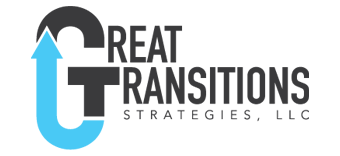It is difficult to find a leader who would answer the above question with a “No”. However, how do those you lead and serve know you care and what you care about? There are two ways to communicate your level of care: The depth of your commitment and level of accountability to your vision, your work, your teammates, and your customers communicate – you care.
What is meant by commitment? It is doing the small things consistently correct. Attention to detail in your interactions is contagious to those around you. It sends the universal message that details are important. The more you know about your endeavor and those with you on the journey, the louder the message. When you tend to details of your vision, your, work, your teammates, and customers those around you sense – you care.
The depth of your accountability and to whom is the second element that transmits – you care. As a leader you are accountable first to yourself for your vision and work. Being true to yourself takes care of any superiors you may answer to. A close second are teammates and customers. Being able to look your teammates and customers in the eye and be accountable for your work ethic, performance, and results sends the clear message – you care.
Put the theory to the test. Pick two leaders that stand out to you as caring. Think of an icon and one of your leaders.
An icon that comes to mind is Steve Jobs. He was committed to making Apple into a force that delivered life-changing products. He was known for his relentless obsession with details, how employees performed, each product, and the Apple experience. On commitment it was clear – he cared.
On accountability, he was just as relentless. He set the vision for the company and pursued it with passion, being his own worst critic. He used continuous feedback from within Apple and customers to improve products to reach new standards. Demonstrating accountability to his teammates and customers. His methods and the fervor with his approach invite much criticism. However, there has never been any doubt – he cared.
Now put yourself to the test. Take time to reflect and provide specific examples on the following questions:
- How committed am I to the details of the organization I lead?
- My vision, my work, my teammates, and my customers
- What is the depth of my accountability for my vision and work to:
- My self, my teammates, and my customers
Consider receiving feedback by using the above questions as a 360-degree evaluation. Have your teammates and customers answer the same questions as you just did. Does the thought of asking and receiving this feedback make you nervous? Consider this: everyone except you already knows the answers. It will show your commitment and increase the depth of your accountability. Take the risk and get the feedback. It shows – you care.



